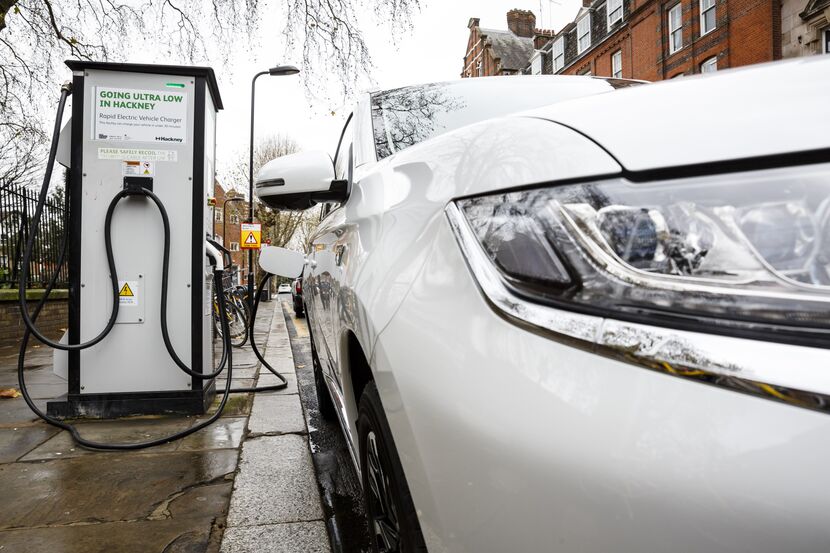

Using the J1772->Tesla adapter on the juicebox is a pain to plug/unplug. They have reduced the price a lot and now it offers better value than any other EVSE on the market. The Tesla Wall connector used to be $800.
#Juicebox vs tesla charger software
Smart charging will get here eventually, and it will work better when it is managed directly by the vehicle software until then setting the vehicle to start charging late at night is probably good enough. The J1772 connector will work on every EV on the market in North America except for Tesla. Connector The JuiceBox charger uses the universal J1772 connector. In contrast the Tesla will slowly ramp up Amps up and down in order to cause less sags/spikes in household electrical current. The JuiceBox charger weighs 16 lb, and the dimensions are 7.6 inches wide by 18.6 inches high by 5.6 inches deep. When smart charging is enabled it will abruptly disconnect the vehicle to delay charging during times of high demand. You can enter this via the app, but nobody's got time to micro manage that shit everyday. This is neat, but the juicebox doesn't have the info it needs(vehicle charge %, vehicle charge limit %) to plan things appropriately. I was interested in the Juicebox's smart charging system which optimizes charging based on the grid load/mix.I think that in a year or so the Tesla->J1772 adapter will cost about $100 - already it is down to $239. I used to think I would have friends over charging other EVs. I used to value the ability to charge via J1772 more than I do now.
#Juicebox vs tesla charger pro
I have a Juicebox Pro 40 and am looking to migrate to a wall connector. But, for maximum flexibility, it seems the JB is the safer bet even though it means a higher hardware cost and using an adapter when charging the Tesla Model 3. If I could be assured that I could get the Wall Connector to work with non-Tesla EVs, the WC seems like a no-brainer.

I understand there's an adaptor out there (~$400) that *might* work with non-Tesla EVs, but not all of them and at limited current (40A?). The hardware cost for the JB ($899USD) is slightly higher than the Wall Connector ($633CAD, or roughly $486USD). I would be running a new 100A dedicated circuit either way, which appears to max out the charging capacity for all Tesla S/X/3.īoth are hardwired, so neither would be easy to move with me if I sold the house. I have a Model 3 LR AWD on order but am looking to do any reasonable future-proofing knowing that I may have a second EV (Tesla or non-Tesla) in the future. At the risk of creating a duplicate thread, I'm wondering if anyone has specifically considered the merits and disadvantages of a hardwired JuiceBox Pro 75 vs a Wall Connector.


 0 kommentar(er)
0 kommentar(er)
